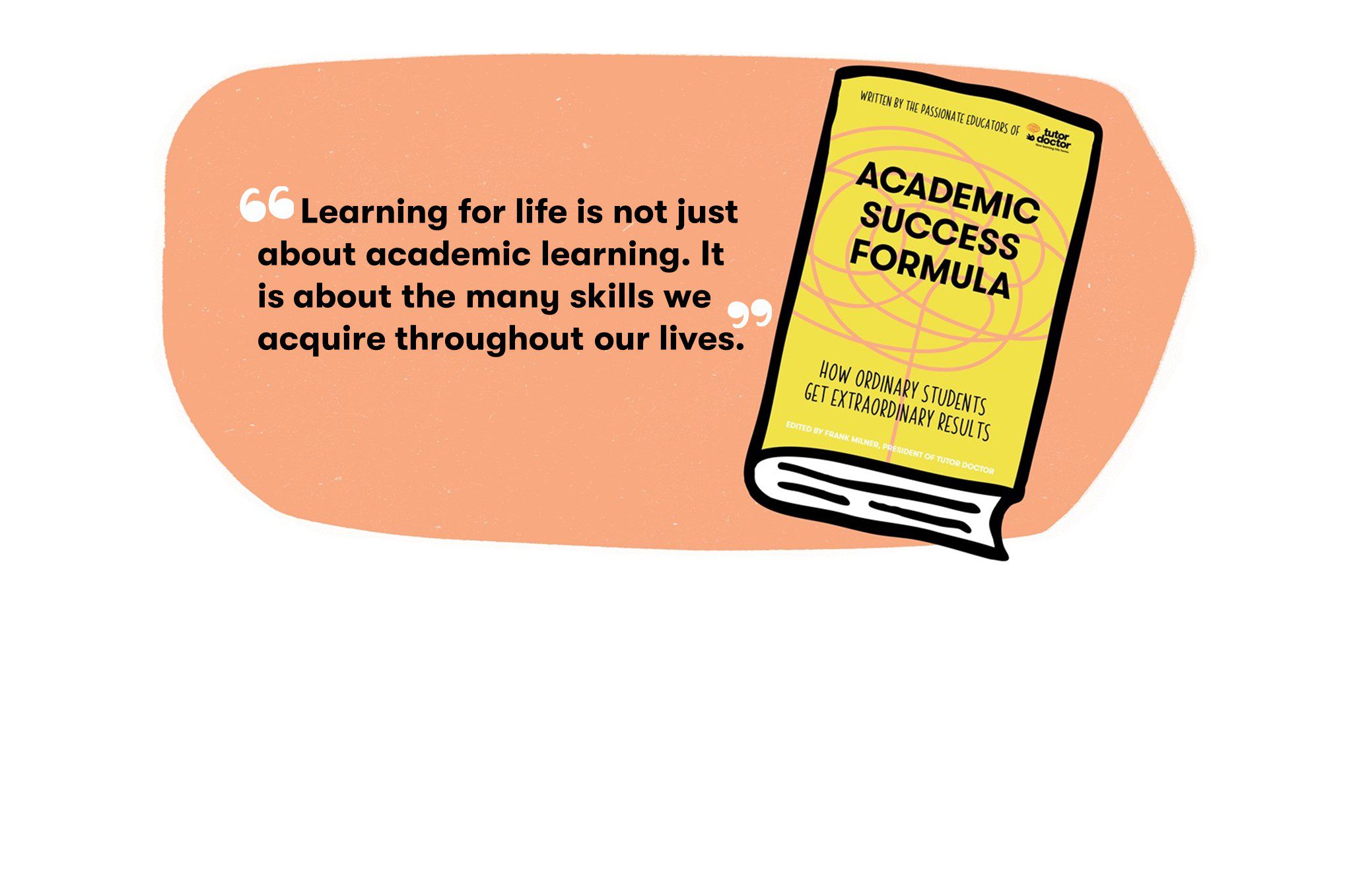Learning to play a musical instrument is a fun and rewarding hobby, but it also takes a lot of dedication and hard work. Here are some tips on encouraging your child to pick up a musical instrument!
1. Let them choose an instrument that interests them. Always allow your child to select the instrument that interests them most. A great way to do this is to recommend artists or bands they already like. Even better, take a trip to your local music store and try some instruments out to see what feels most natural. And don’t forget – vocals are a musical instrument too, so encourage any young singers to pursue their passions!
2. Offer to help with resources and equipment. There’s no getting around it – whether you are learning an instrument for pleasure or as part of a school band, there will always be an initial financial cost. Instruments can be expensive, but think of it as an investment – in many cases, low quality instruments will only frustrate young players and discourage them (there’s nothing worse than an instrument that won’t stay in tune!). Certainly don’t break the bank if it’s your child’s first musical instrument, but definitely do some research or talk to a local music professional for input before purchasing an entry-level item. In addition, teaching yourself to play an instrument can be difficult, so consider the cost of lessons (especially for instruments that require reading sheet music).
3. Provide positive reinforcement. The truth is that no one sounds great when they first start out, and that’s okay. This goes without saying, but it can be a huge boost in confidence for young players to give them generous compliments while learning. “Wow, that sounds just like the actual song!” is a surefire way to put a smile on any budding musician’s face.
4. Avoid mentioning “lapses” in practice. When learning an instrument, it’s not uncommon to take periodic breaks or experience “gaps” in one’s interest. For people just starting out, it’s an uphill battle – there tends to be a threshold of learning with musical instruments where the player eventually reaches a point where they suddenly go, “Hey, I’m getting pretty good!” – and from then on, playing becomes much more effortless as muscle memory sets in. Until a player reaches that milestone, though, try to avoid making comments if you notice your child hasn’t played for a while – for example, “I haven’t seen you pick up that guitar we bought you in 2 weeks.” Even learning to be proficient on a musical instrument can take years, so it’s best to keep a patient mindset.
5. Remind them of the benefits. Learning to play a musical instrument is a wonderful endeavor for so many reasons. The mental health benefits are obvious, with music being a perfect stress reliever and an ideal way to express one’s emotions in a non-verbal way. From an academic perspective, learning to play an instrument also helps with cognitive abilities and developing a growth mindset – the belief that one can succeed through practice and perseverance. Finally, having musical interests is a great extracurricular addition to any college application, so even older students have an excellent reason to start!




